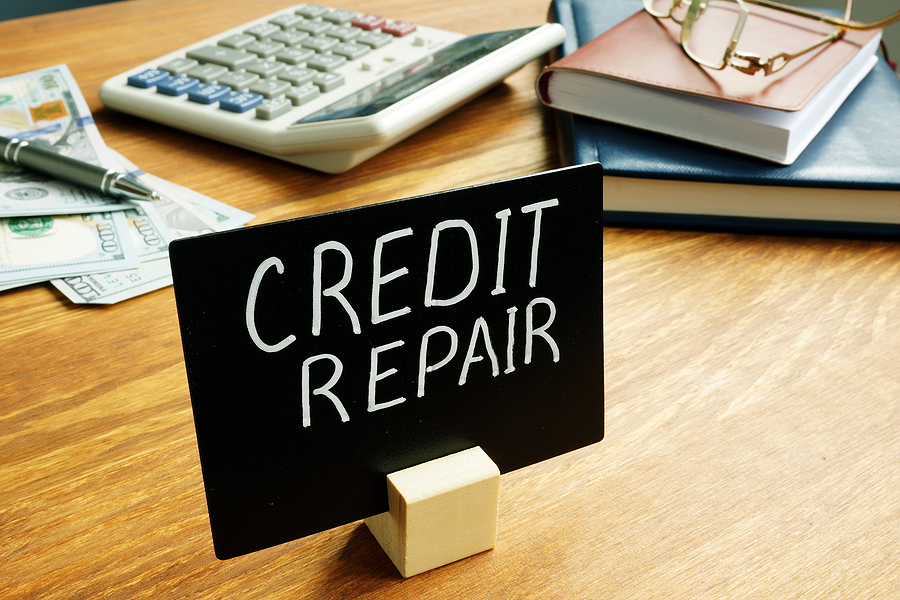Introduction: Why Credit Repair Matters
Your credit score plays a vital role in your financial life. Whether you’re applying for a loan, a mortgage, or a credit card, a good credit score can save you money by securing better interest rates and approval terms. However, mistakes like missed payments, high debt balances, or errors on your credit report can lead to a poor credit score.
Credit repair is the process of improving your credit score by addressing negative items on your credit report and taking proactive steps to rebuild your financial standing. This guide will walk you through how law-prof.us works, why it matters, and how you can improve your score to pave the way for better financial opportunities.
How Does Credit Repair Work?
Credit repair involves reviewing your credit report, identifying areas of improvement, and taking action to correct or remove negative marks that might be lowering your score. It can be done independently or with the help of a credit repair service.
1. Review Your Credit Report
Start by getting a copy of your credit report from the three major credit bureaus:
-
Equifax
-
Experian
-
TransUnion
You’re entitled to one free credit report annually from each bureau through AnnualCreditReport.com. It’s essential to check your credit report regularly to ensure all the information is accurate.
2. Dispute Errors on Your Credit Report
One of the first steps in credit repair is identifying any errors or outdated information. Common mistakes include:
-
Incorrect personal details (e.g., address, name)
-
Duplicate accounts or credit lines
-
Late payments that were actually made on time
-
Accounts that don’t belong to you (e.g., fraud or identity theft)
Once you find any discrepancies, you can dispute them directly with the credit bureaus. They are required to investigate and remove any inaccurate information from your report.
3. Address Negative Items
Some negative items, like late payments or charge-offs, can be harder to remove. However, there are strategies for addressing these issues:
-
Negotiate with Creditors: Contact creditors to ask for goodwill adjustments or payment arrangements.
-
Pay Off Outstanding Debts: Settling or paying off collections can have a positive impact on your credit score over time.
-
Work with a Credit Counselor: For more significant issues like debt management, a credit counselor can help create a strategy for repayment.
4. Build Positive Credit History
Once you’ve addressed negative items, it’s time to focus on rebuilding your credit. Some ways to do this include:
-
Paying bills on time: Timely payments are one of the most significant factors in your credit score.
-
Using credit responsibly: Avoid maxing out your credit cards or accumulating too much debt.
-
Becoming an authorized user: Ask a trusted family member or friend to add you as an authorized user on their credit card. This can help improve your score by adding positive payment history to your report.
-
Secured credit cards: These cards require a deposit but are an excellent way to rebuild credit if used responsibly.
Common Credit Repair Mistakes to Avoid
While repairing your credit can be empowering, it’s essential to avoid common mistakes that can hinder your progress. Here are some things to be cautious about:
1. Not Checking Your Credit Regularly
Neglecting to check your credit reports regularly can delay identifying errors or fraudulent activity. Make it a habit to monitor your credit at least once a year—and more frequently if you are actively working on credit repair.
2. Ignoring Outstanding Debts
Ignoring your debts won’t make them go away. While some negative items might eventually fall off your credit report, unpaid debts will continue to damage your score. Focus on addressing outstanding debts through payment arrangements or settlements.
3. Relying on “Quick Fixes”
Be wary of companies promising fast credit repair for a fee. Many of these services are scams or make empty promises about removing accurate negative information. Legitimate credit repair takes time and a detailed approach, so avoid any offers that sound too good to be true.
4. Closing Old Accounts
Closing old credit accounts may seem like a good idea, but it can negatively affect your credit score. Your credit history length is a significant factor, and closing an account may lower the average age of your credit accounts. It’s generally better to leave old accounts open, even if you don’t use them.
5. Not Maintaining Healthy Credit Habits
Improving your credit score doesn’t end once you’ve removed negative items. It’s essential to maintain healthy credit habits, such as paying bills on time, keeping your debt-to-income ratio low, and using credit cards responsibly.
The Benefits of Professional Credit Repair Services
While credit repair can be done on your own, many individuals turn to credit repair services for help. These services typically offer:
-
A professional review of your credit reports and identification of negative items.
-
Disputing inaccuracies on your behalf with the credit bureaus.
-
Ongoing monitoring to track progress.
-
A personalized strategy for improving your credit score over time.
It’s important to research any credit repair service you consider and ensure they’re reputable. Look for companies with positive reviews, clear pricing, and compliance with the Credit Repair Organizations Act (CROA), which protects consumers from fraudulent practices.
Final Thoughts: Start Your Credit Repair Journey Today
A healthy credit score opens the door to better financial opportunities, including lower interest rates, more favorable loan terms, and improved financial stability. If your credit score is holding you back, consider taking the steps necessary to repair it.
Whether you choose to tackle credit repair yourself or work with a professional, the important thing is to start now. Fixing your credit may take time, but the effort is worth it when you see the improvements in your financial future.
